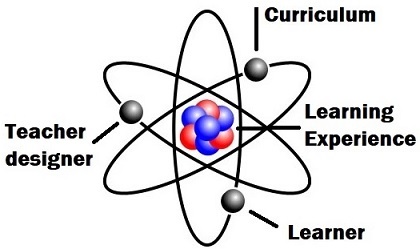Design Thinking for Teachers 1.0: centring the learning experience
In earlier blogs, I describe educational learning as a series of designed learning experiences. In this blog, I want to focus on the issue of Design Thinking. As with previous blogs, Ruth Swailes provides concrete examples. Originally conceptualised to address physical objects designers increasingly apply Design Thinking to complex interactions like customer experiences. In an educational context,… Continue reading Design Thinking for Teachers 1.0: centring the learning experience








